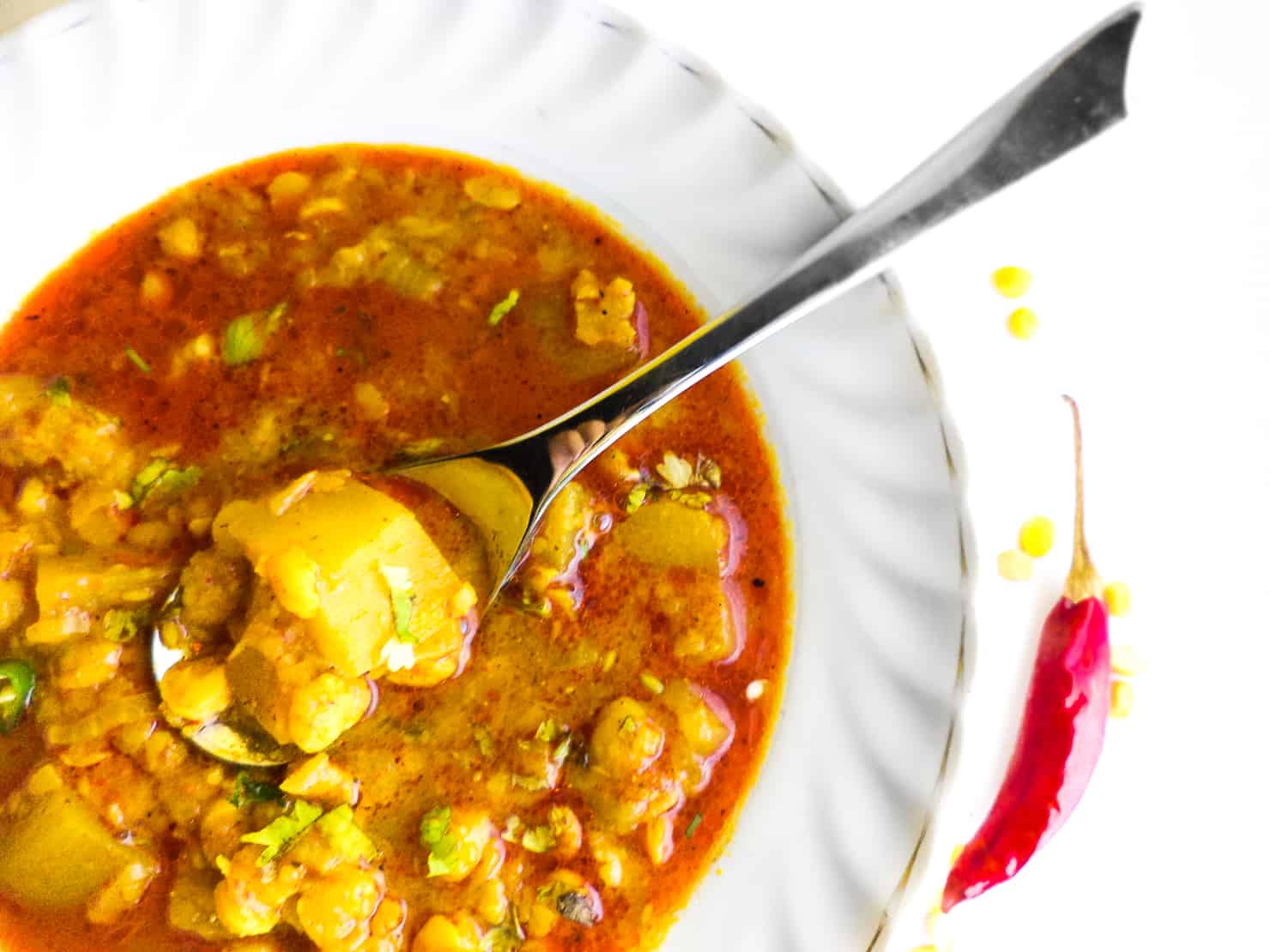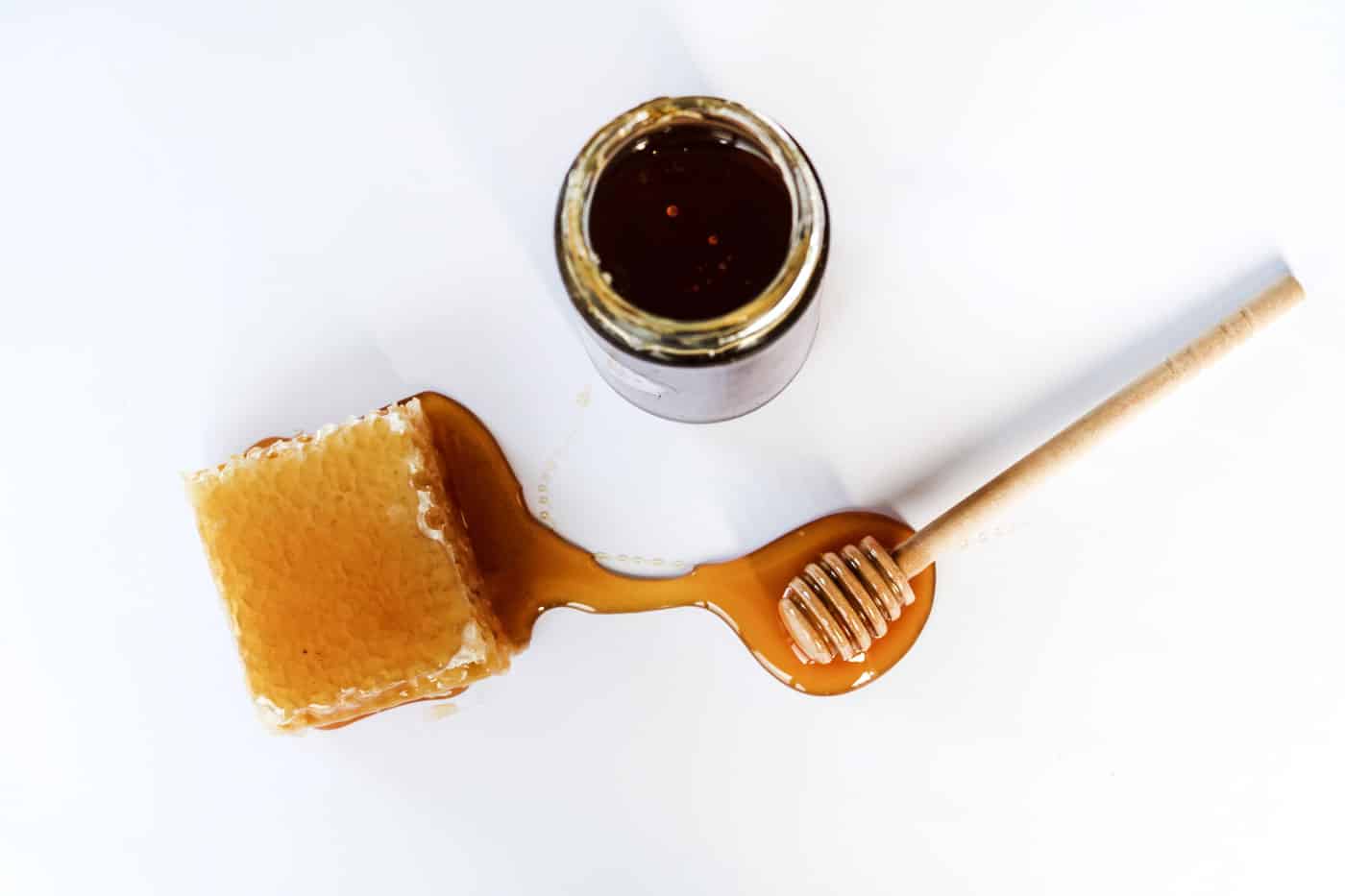The system of Ayurveda and ayurvedic medicine is based on the qualities (Gunas) of nature. It is the combinations of gunas that differentiate the Five Elements (earth, water, fire, air and ether) which in turn make up the three doshas (Vata, Pitta and Kapha).
The various gunas (heaviness, temperature, texture, density, subtlety, movement, rhythm, etc) are found everywhere in nature – including the seasons. These gunas directly affect our bodies, mind and health, and so, it is very helpful to understand the qualities of the seasons so you can adjust your diet and lifestyle to maintain optimum health and wellbeing.
The classical authors of Ayurveda recommended that one follow a seasonal routine according to the six recognised seasons in their time and place. Here we will simplify according to Autumn, Winter, Spring and Summer. Of course the actual gunas will vary according to geography, but the tips that follow will give you some directions, and you should vary the recommendations according to how you perceive the actual gunas and your own constitution (dosha prakruti).
Autumn seasonal routine
In Autumn, the weather changes, and it generally becomes colder and more windy. Vata becomes dominant, and its qualities of movement, cold, dryness, lightness and roughness show those same qualities in our body and mind. Vata people especially tend to suddenly be sensitive to the cold, they become mentally unsettled and anxious, their skin becomes dry and rough, and they may get constipated.
An ideal seasonal routine would be to increase fats (e.g. ghee) in the diet, and eat more warm meals. Sip hot water rather than cold. Be more regular in your daily routines, and avoid too much travel and changes in circumstances. Dress more warmly and avoid cold winds. Do daily self massage (abhyanga) with heated sesame oil, or receive warm oil massages.
Favour seasonal foods like pumpkin and roots vegetables, and have stewed apples and pears for breakfast. Tend towards sweet, sour and salty flavours. Use the moderately pungent spices like ginger, cinnamon, cardamom, and cloves. This is the time to reduce salads and cold smoothies, and favour nourishing foods.
Winter seasonal routine
In Winter it gets colder than Autumn, further aggravating Vata and starting to increase Kapha as well. By this time, if Vata-dominant people have not followed a seasonal routine, their feet will be dry and cracked, they may have bad sleep, and they may be quite distressed.
Vata-dominant people may continue their Autumn routine, while Kapha-dominant people need to consider eating warm and light foods, using less fats than Vata people. Also, Kapha people can eat more pungent spices like black pepper and mustard, and can use mustard oil for massage or even do dry massage with a brush or raw silk glove (garshana).
Spring seasonal routine
In Spring, Kapha will have come to a peak, and the increasing warmth will start to liquefy the built-up Kapha qualities of coldness, stickiness, heaviness, inertia, and denseness. This will often manifest as phlegm, hay fever, runny noses, etc.
This is a time of new energy, and most people would benefit from getting out and moving more, whether it is more vigorous daily walks, gym, or yoga asanas. Use a brush for dry massage, or a combination of sesame and coconut oils.
Eat warm foods that are light and dry. Introduce more of the bitter Spring greens and leaves, in your meals and in your teas. Use spices that are pungent and astringent, such as turmeric and fenugreek. This is an ideal time for detox, or even a full Panchakarma programme.
Summer seasonal routine
In Summer, the heat has settled in, and with the hot, sharp, intense gunas, this is a time for Pitta-dominant people to take especial care.
Staying cool is the key goal. Stay out of the midday sun, go for walks in the forest, and bathe in cool streams. For massage, use coconut oil with its cooling qualities.
Practice relaxing yoga asanas, and cooling pranayama like shitali and sheetkari – ask a qualified yoga teacher about these breathing practices. Do more meditation and relaxation.
Drink cooling drinks like coconut water, lime juice, and rose water. This is the time for fresh salads with cucumber, lettuce and other cooling greens. Use the moderate spices like coriander, cumin and fennel.
Do you need professional help?
Everybody is different. We our our original constitution (dosha prakruti), and we also have a history of illnesses, injuries, emotional traumas, etc., that affect the complex interplay of our qualities or gunas.
Sometimes we need an ayurvedic professional to help us identify our prakruti, and help us design seasonal routines that are tailored for our individual needs.
Dr Priya Punjabi has been helping people create health programmes and routines for over 30 years. Do get in touch with her for one tailored just for you, contact us now



